Academic Year 2020-21: Imperial announces 'multi-mode' teaching for Autumn term

Autumn term will begin on schedule and campuses will be reopened, as the College prepares to offer a combination of in-person and online learning.
An Imperial education
Term begins on 3 October 2020, with programme-specific variations. Students will be warmly welcomed back to College campuses. Social distancing will mean that teaching will be delivered as a combination of on-campus (in-person) and remote learning (online) in the Autumn term, for some students.
Imperial calls this a ‘multi-mode’ approach which means:
- On-campus learning and assessment, including laboratory work, will be combined with the benefits of remote learning and assessment. At all times social distancing guidelines will be strictly adhered to.
- If an undergraduate or taught postgraduate student is unable to travel to campus for Autumn term, the College has made plans for them to receive high-quality and engaging remote learning. Some learning and assessment activities will be very challenging to replace with a remote equivalent. In these cases, they will be moved with minimal disruption to a later date in students' programmes.
- Imperial is working on plans for postgraduate and doctoral students engaged in on-campus research and will provide an update soon.
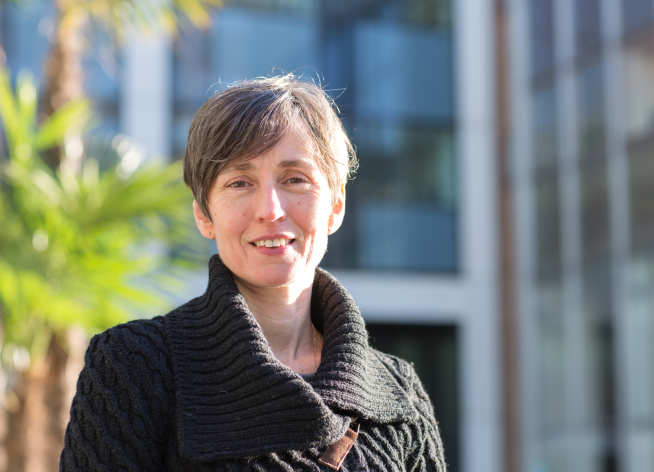
Professor Emma McCoy, Vice-Dean (Education) for the Faculty of Natural Sciences, and co-chair of the College's strategic education group, said: "This is an unprecedented moment in our history.
"We have seen the value of academic knowledge during this pandemic, and have contributed our own expertise to the fight against the virus.
"As a leader in science, engineering, medicine, and business, and as a top-ranked, globally-connected university, in these circumstances we believe we must play our part in continuing to nurture talented and curious minds.
"As a leader in science, engineering, medicine, and business ... in these circumstances we believe we must play our part in continuing to nurture talented and curious minds." Professor Emma McCoy
"Our multi-mode learning in the Autumn term will be a change from the traditional university experience, but we are confident it will be an exciting, innovative and most importantly safe approach for our students and staff in these uncertain times. It will also enable students to graduate from the College as highly skilled individuals, sought out by employers.
"Having consulted with our community, we will now be contacting all offer-holders to explain how this decision will work for them.
"It is important to recognise that, depending on official government guidance throughout the entirety of next academic year, the balance of our ‘multi-mode’ teaching may change. We very much hope that we are able to offer students increased on-campus learning activities throughout the year."
Safety first
Safety is of the highest priority. Right now, the College is modelling how campuses can host a safe number of students and staff at any given time, and is publishing its initial plans on how social distancing will apply on campuses.
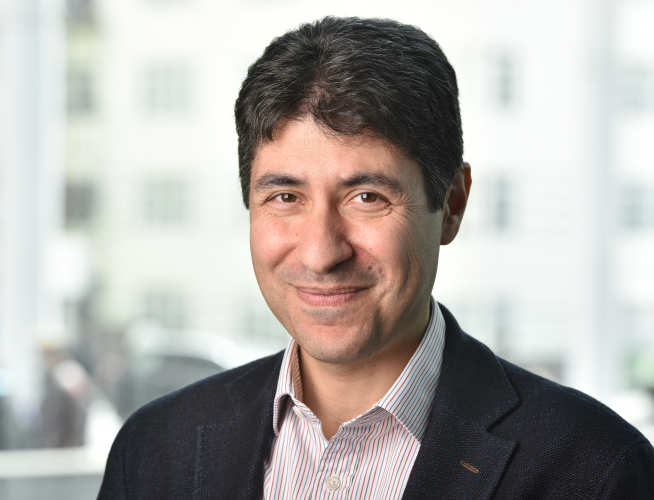
Professor Omar Matar, Vice-Dean (Education) of the Faculty of Engineering, & co-chair of the College's strategic education group, said:
"Our teaching is just one part of the experience we offer, as any student will tell you. Ensuring that our students enjoy a great student experience beyond the classroom is also really important. Simply making friends and being part of our many clubs and societies is all part of university life. Our campuses will need to be less busy than in the past, but whether students can join us in-person or remotely at first, we are making plans to ensure they enjoy their time with us.
"Returning to campus with in-person interactions and teaching, where safe and feasible, will be a key moment for students and staff. It will be carefully delivered alongside high-quality remote teaching, which will be integrated into students' programmes. Of course, remote learning will be the single method for teaching those students that may be unable to travel back to London for the Autumn term.
"We have not yet confirmed our plans for Spring and Summer terms, but we aim to provide an update on both the learning experience and the wider functioning of our campuses in October. It is important that we carefully move forward while listening to the needs of our community and considering the latest official government guidance."
Innovation in education
The College has been developing a wide range of innovative educational experiences for a number of years prior to the COVID-19 pandemic. Many of these developments prepare staff and students well for the remote aspect of multi-mode learning, and complement the world-leading facilities that can be found on-campus.
"This technology provides trainees with the required highly technical skills in a safe and realistic environment." Professor Mohamad Hamady
What if a student wanted to walk on the surface of Mars, or to carry out a life-saving biopsy? What if they could do all of this without leaving their classroom or potentially even their home? It sounds like science fiction, but augmented and virtual reality mean this has already been a reality for some Imperial students in Academic Year 2019-20.
Mohamad Hamady, Professor of Practice in the Department of Surgery & Cancer, is part of a team at the College that developed a simulation for students of interventional radiology, using the Microsoft HoloLens2 headset to address challenges in medical teaching and learning.
Professor Hamady said: "This technology provides trainees with the required highly technical skills in a safe and realistic environment. It can also help trainees to perform medical procedures later on in life with much higher technical ability and safety.”
More recently, students studying a variety of other disciplines have received simulated, innovative and inclusive learning experiences via their own computer screens, no matter where they are in the world.
Almost 150 first-year undergraduate students are currently taking a series of virtual field courses to investigate biodiversity. Students and staff involved in the Department of Life Sciences' Ecology & Evolution module would normally find themselves at this time of year preparing to dive headfirst into the natural world, as part of a series of assignments aimed at improving their understanding of biodiversity.
The first task underway throughout May 2020 is the 'Dawn Chorus' project. If safe and legal, students are encouraged when in the garden or out on their daily exercise to record birdsong in their local neighbourhood, tracking variables such as the time of day and weather.

The third year of the Department of Earth Science & Engineering's Geology programme also usually take part in a field trip to Sardinia. This year, course leaders temporarily translated the course to an online environment due to the COVID-19 pandemic.
Virtual Sardinia is a new way of learning geology that is accessible to everyone. This virtual field trip lets students wander around and inspect 3D models of real rocks in the game engine Unity. Student feedback was positive, and reflected the inclusive nature of the trip.
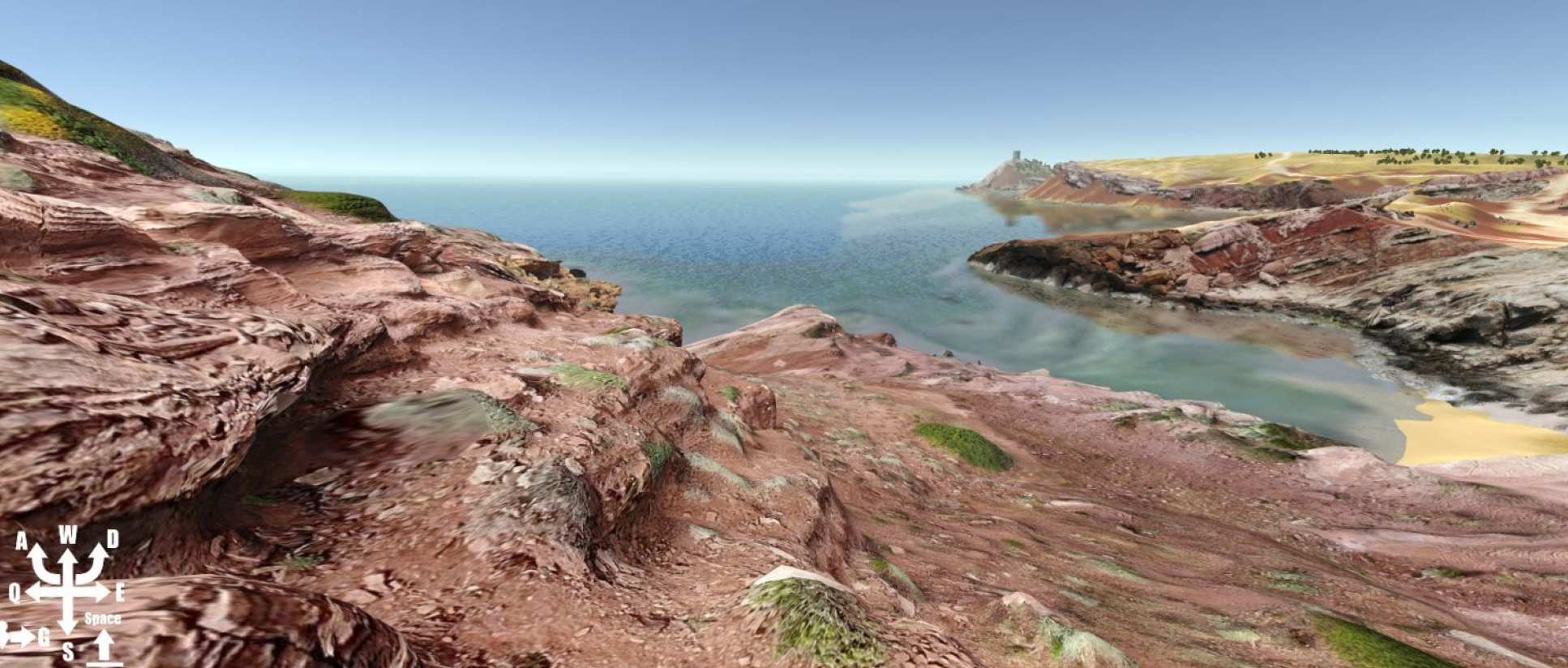
Even during the short few months when the College has temporarily been delivering teaching solely in remote mode, groundbreaking advancements have been achieved.
In March Dr Amir Sam, Head of the School of Medicine, embraced working alongside his education technology specialists to solve the challenge of how to conduct remote assessments for final year MBBS students.
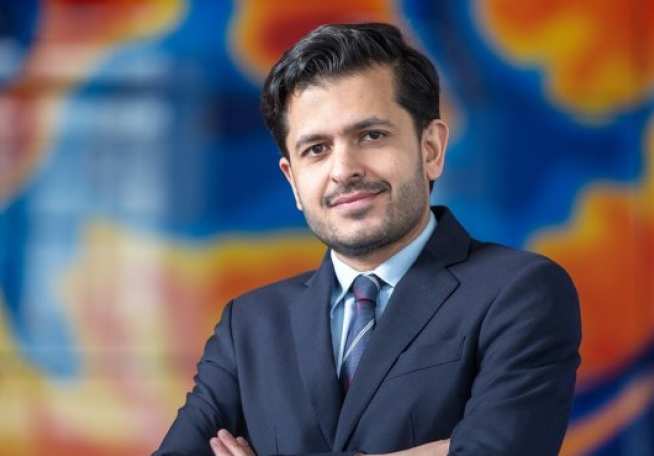
Dr Sam said: "To the best of our knowledge this was the world's first ever open-book final year medical exam delivered remotely to students. It wasn’t possible to answer questions that require putting all this information together by simply looking things up online. This is exactly like having a patient in front of you.”
"We'll be closely monitoring how everything went and seeing what we can learn for the future. In this challenging moment our community has really risen to the occasion."
Bringing our community together, near or far
The College is also being creative in how it builds student communities in advance of Autumn term, in which only some students will be able to be on-campus all at the same time.
In April the Business School welcomed the latest cohort of 98 students to their Weekend MBA class of 2020-21. The students who are commencing their 21-month MBA would normally be welcomed onto the South Kensington campus for their induction week. Instead the class was able to join together for a remote induction week. The unique situation hasn’t changed the feeling in the class. In fact, it’s brought students together in a way that only a shared experience can.
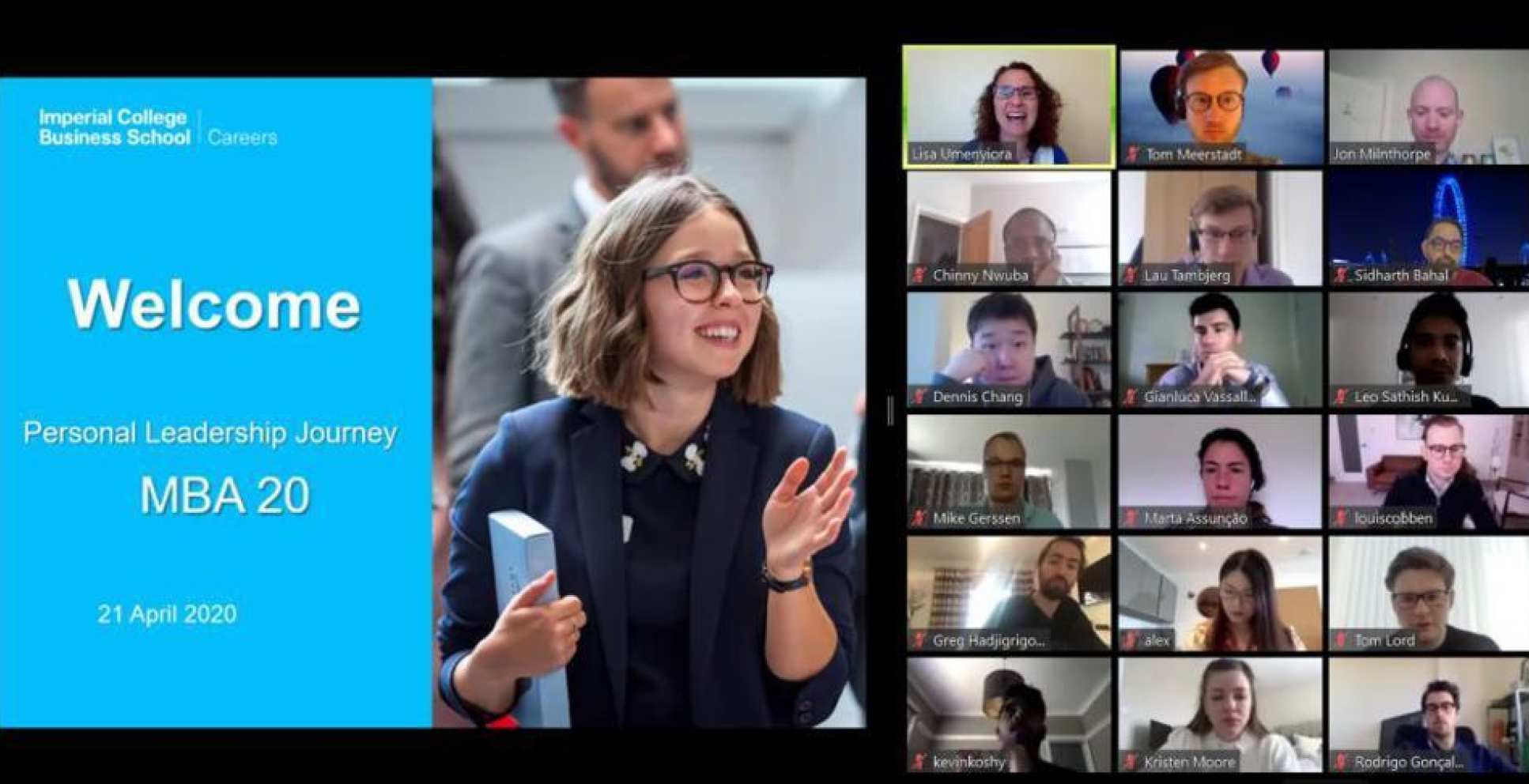
The remote induction week was supported by the Business School's EdTech Lab, which in 2005 was one of the College's very first digital learning and education groups to be established. The Lab has overseen a substantial increase in the use of educational technology at the School, and also recently made headlines for their innovations around hologram teaching, which allows speakers to attend conferences without having to travel to a host location.
Find out more about our plans
Webpages featuring Frequently Asked Questions and further useful information about Autumn term and academic year 2020-21 are now available for both current students and applicants/offer-holders.
Article text (excluding photos or graphics) © Imperial College London.
Photos and graphics subject to third party copyright used with permission or © Imperial College London.
Reporter
Murray MacKay
Communications Division
